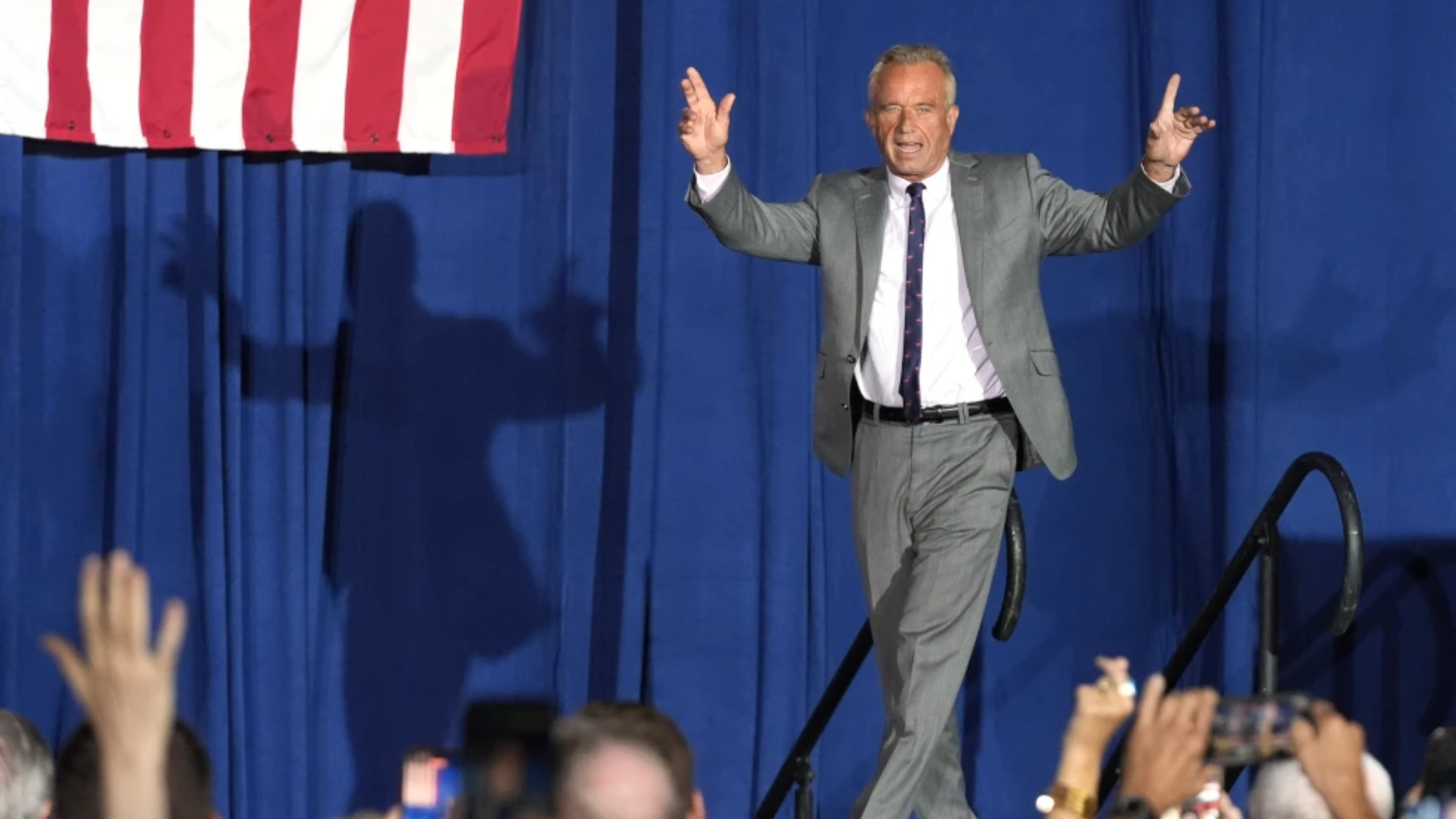GREENBELT, Md. — A federal judge agreed Wednesday to block the Trump administration from enforcing an executive order allowing state and local government officials to reject refugees from resettling in their jurisdictions.
U.S. District Judge Peter Messitte in Maryland issued a preliminary injunction requested by three national refugee resettlement agencies that sued to challenge the executive order.
In his 31-page ruling, Messitte said the agencies are likely to succeed in showing that the executive order is unlawful because it gives state and local governments veto power over the resettlement of refugees.
President Donald Trump’s administration announced in November that resettlement agencies must get written consent from state and local officials in any jurisdiction where they want to help resettle refugees beyond June 2020.
Agency leaders say the order effectively gives governors and county leaders a veto in the resettlement process. The agencies also argue the order illegally conflicts with the 1980 Refugee Act.
Church World Service, Lutheran Immigration and Refugee Service and HIAS — a Jewish nonprofit — filed the lawsuit in Greenbelt, Maryland, on Nov. 21. They are three of the nine national organizations agencies that have agreements with the federal government to provide housing and other services for refugees.
Texas, which took in more refugees than any other state during the 2018 fiscal year, became the first state known to reject the resettlement of new refugees. Gov. Greg Abbott said in a letter released Jan. 10 that Texas “has been left by Congress to deal with disproportionate migration issues resulting from a broken federal immigration system.”
At least 41 states have publicly agreed to accept refugees, but a governor’s decision doesn’t preclude local officials from refusing to give their consent. For instance, the Democratic mayor of Springfield, Massachusetts, has refused to give written consent for refugees to be resettled in the city.
Trump’s order says the agencies were not working closely enough with local officials on resettling refugees and his administration acted to respect communities that believe they do not have the jobs or other resources to be able to take in refugees. Refugees have the right to move anywhere in the U.S. after their initial resettlement, but at their own expense.
Before Trump signed the executive order, state and local officials were given a voice but not a veto in deciding where refugees would be resettled, resettlement agency lawyers said.
During a Jan. 8 hearing, the judge said the president’s order essentially changed a federal law governing the resettlement of refugees.
Justice Department attorney Bradley Humphreys said the Refugee Act gives the president “ample authority” to make such a change.
“Why change it now?” Messitte asked. “Is it purely a political thing?”
Humphreys said the executive order is designed to enhance the involvement of state and local officials in the process of resettling refugees. But he insisted it doesn’t give them a veto over resettlement decisions.
The Trump administration has capped the number of refugee admissions at 18,000 for the current fiscal year. About 30,000 refugees were resettled in the U.S. during the past fiscal year; between 150,000 and 200,000 remain in the pipeline for possible U.S. resettlement while they live abroad, according to Linda Evarts, one of the plaintiffs’ attorneys.
Copyright 2020 The Associated Press. All Rights Reserved. This material may not be published, broadcast, rewritten, or redistributed. PHOTO AP






















